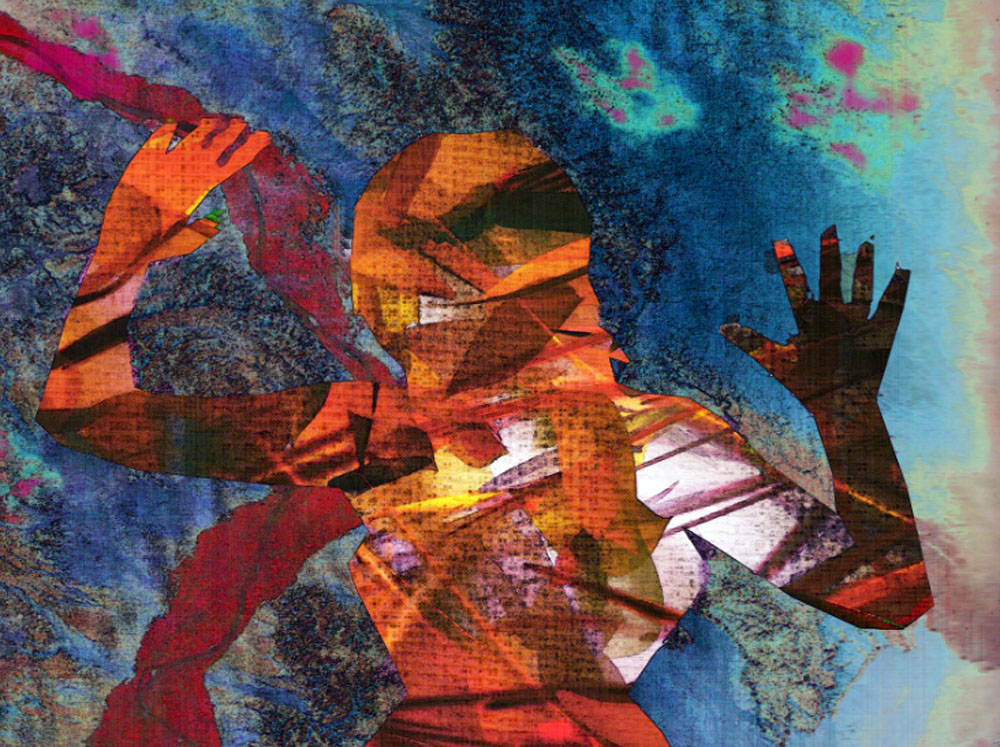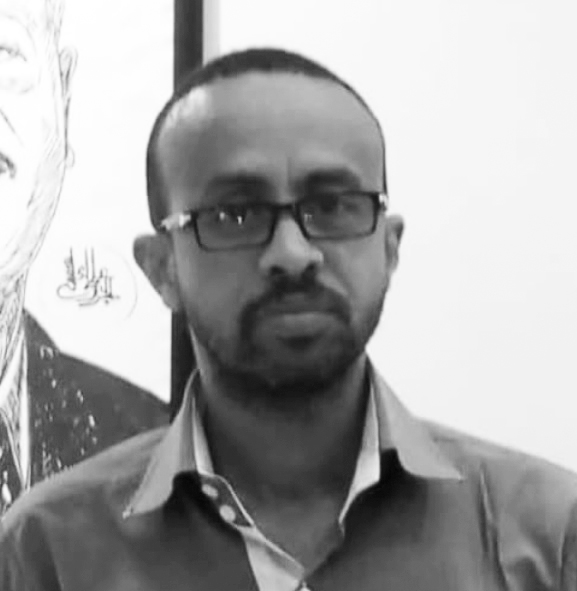
Women as victims of war and hatred in Sudan
Khaled Massa
Wherever wars break out, women suffer. When tyranny and insecurity prevail, the rights of women and girls are threatened. Womens participation in peace and security issues should be automatic, not complementary. This was the opening of Mr. Antonio Guterres, the Secretary-General of the United Nations, in a Security Council session on womens participation in international peace and security.
Throughout the years of war that Sudan has experienced in the south until its separation by referendum on self-determination, and in the Darfur region since 2003 until today, and in the three areas, the suffering has been the lot of the Sudanese people. However, the suffering of women in Sudan is doubled, and they live in private battles within those raging battles. They bear a frightening and doubled cost of the war, as revealed by the reports of human rights organizations and organizations active in the field of womens rights and concerned with monitoring the violations they are subjected to because of the war, inside and outside Sudan.
Despite the long and honorable struggle of Sudanese women in the field of preserving rights and obtaining original entitlements, the war has remained the major obstacle to preserving the total gains achieved by Sudanese women through their persistent work in defending womens rights, preserving their dignity, and the war continues to constitute the major setback in the field of protection from violations and in the field of dismantling the totality of authorities that restrict her freedom, reduce her role in building society, and representation commensurate with her capabilities in managing and governing the Sudanese state.
In a country like Sudan, which suffers from imbalances in the construction of the public discourse, whether political or social, and real imbalances in the issue of arranging rights as a whole, the share of women in violations remains the largest, especially those imbalances in the construction of the discourse of war, which is based primarily on incitement and bias and reducing the ability of laws to protect the rights of civilians.
The environment created by the war remains the most suitable for violence based on social gender, leading to physical, sexual, or psychological harm directed against women simply because they are women. The black war writers in Sudan are witnesses to a series of violations directed against women and girls, reaching the extent of the deliberate use during the war of the weapon rape without even criminalizing this practice, which has continued to take place systematically and planned as a deterrent, shocking and effective weapon for the benefit of its users, who have always been in salvation from punishment for this grave violation.
In times of peace and in the brief periods of building legislations and constitutions in Sudan, the machine of constitutional and legal building has remained a captive of the male consciousness, which made the authentic rights of women in Sudan captive to ideas, beliefs, and biased positions against women, legitimizing their reduction and violation. What about the times of war, where laws and legislations are at the mercy of guns and cannons and have no protection from violations and aggression. The news of the war is packed with headlines of grave violations against women in Sudan, and the numbers and statistics speak of what is frightening and horrific in crimes of murder, abduction, and rape.
If displacement and asylum are manifestations of war and its effects, then the greatest cost is undoubtedly borne by women in Sudan, where the torments of need, limited means, and exploitation based on the idea of discrimination based on social gender.
All the violations that occur during war, documenting and controlling them is part of the legal procedures to deter and stop them, and to bring the perpetrators to fair trials. However, the crimes committed against women and girls, especially the crime of rape, which is classified according to the limited societal consciousness under the category of social shame, are covered up by the communitys authority by silencing the voices of the victims and forcing them not to report and document these violations, or even trying to erase traces of this type of crime by killing or using the discourse of social stigma, which is considered at the highest ranks of hate speech based on incitement and according to gender, and according to the definition that war is an acceptable and normal justification for the occurrence of such violations.
Since women and girls are excluded in the discourse of war, which is based on the right only for those with power in the hands of men, they are naturally also excluded in the discourse of building peace. This is evident in all peace-building attempts in Sudan, where their mention and mention of their rights are incidental, and their participation in peace agreements is shy, despite being the most vulnerable to violation during war.
The real and effective participation of women in making peace and security is one of the tools chosen by the United Nations to dismantle hate speech based on discrimination and incitement according to gender. They are best equipped to confront the problems caused by war, from murder and rape to pursuing crimes of enforced disappearance, abduction, and treating women as one of the spoils of war.
Therefore, the pioneering role of initiatives such as the No to Womens Oppression initiative, for example, of Sudanese initiatives to lift injustice and harm from women, remains an important and decisive role in this war. Firstly, by documenting the crimes committed against them, stopping the spread of war discourse based on bias and discrimination according to gender, and waging war on their bodies. Of course, as long as this war is based on the violation of their rights, the security and safety of society begin with their authentic participation in building peace and stopping the sound of gunfire.


